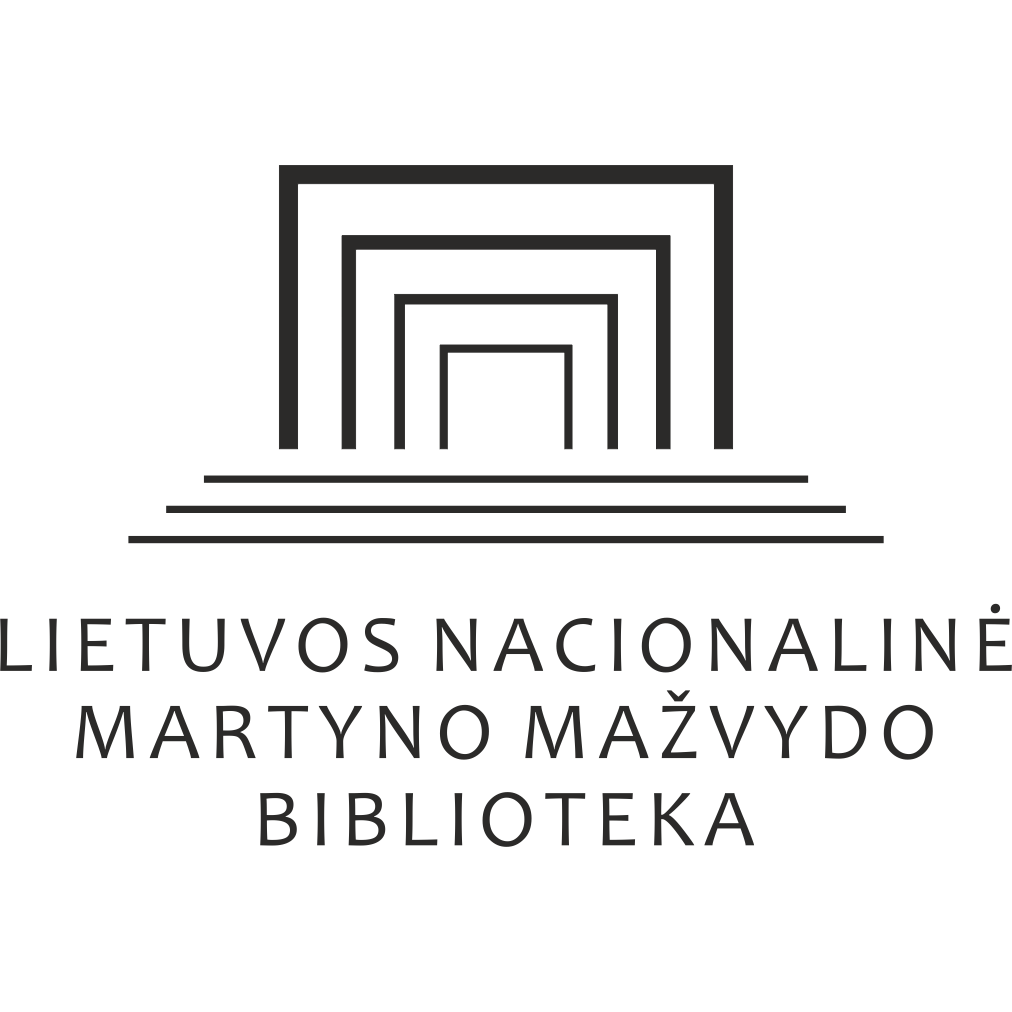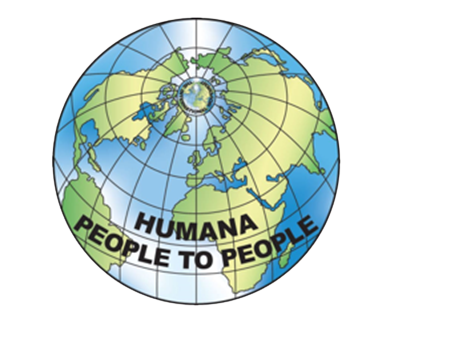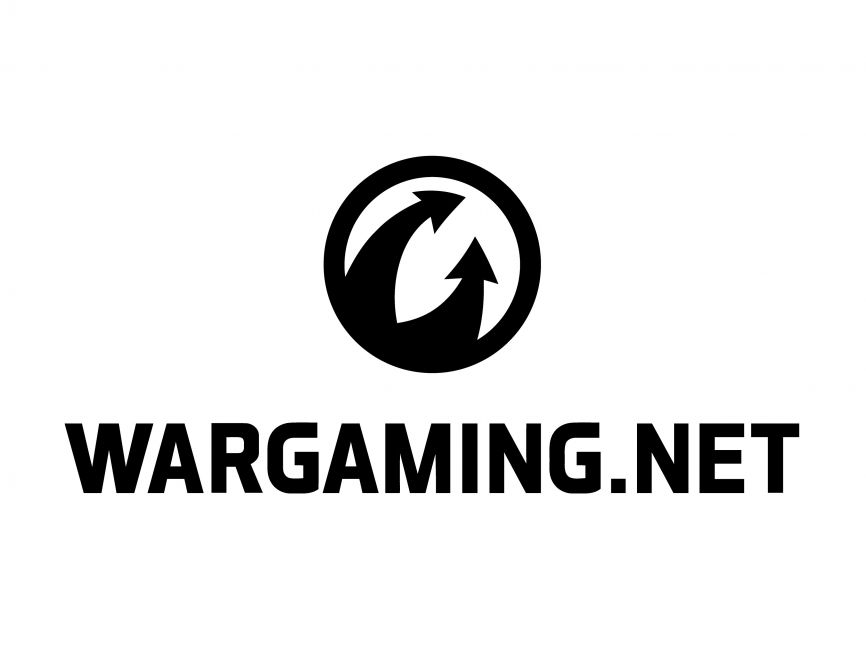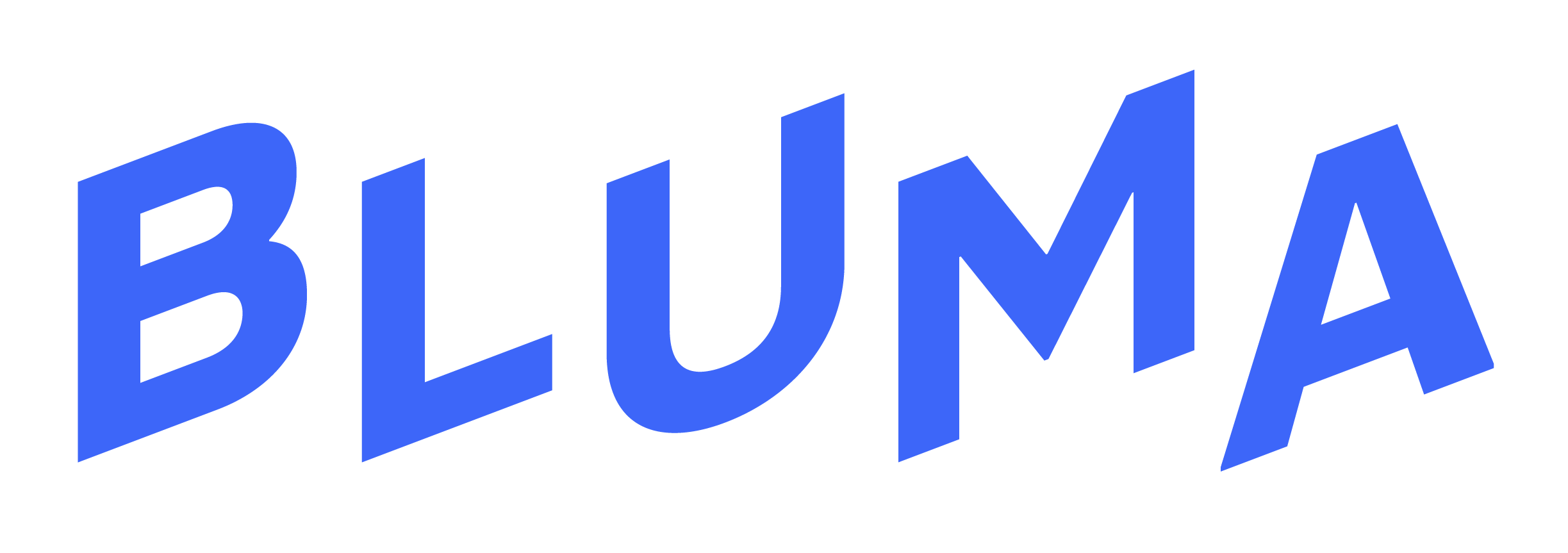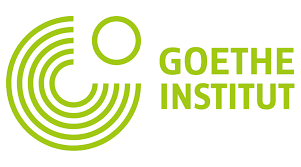Goal
Maths skills are one of the most pressing issues today. We aim to prevent gaps in education from an early age by using Eduten Playground, a Finnish-developed maths learning platform.
Description
Eduten is a computer-based platform for mathematics education, scientifically based on research in contemporary mathematics didactics and pedagogy. It features very good learning data analytics, tailored to monitor progress and achievements at student, class and school levels. The platform won the UNICEF EdTech prize.
Selected schools participating in the project have been using the Eduten mathematics teaching platform for one year, providing professional development and support to teachers using the platform.
The project consists of:
- training for school coordinators and teachers on the use of the Eduten virtual learning platform and the analysis of student learning data in this environment;
- advice to teachers and school coordinators on various issues related to the use of the Eduten virtual learning platform;
- advice to teachers and school coordinators on working with pupils with special needs on the Eduten platform;
- professional development for teachers on the use of innovative learning environments in education;
- the provision of a manual for the use of the Eduten platform for teaching mathematics;
- mobilising the teachers involved in the project into a virtual learning community.
Achievements in 2024
85% of Vilnius schools use Eduten (grades 1-8) for maths learning.
A survey of teachers and parents of students on the use of the Eduten platform for mathematics education was carried out. Some key insights:
- 207 teachers in grades 1-8 and 2009 parents of students in grades 1-8 participated in the survey.
- The majority of teachers (90.3-93.4%) indicated that the Eduten platform:
- useful or very useful for teaching mathematics and helped to improve students' learning outcomes (75.6-84.4%);
- increased motivation to learn mathematics (67.5%-74.7%);
- increased pupils' independence and self-confidence (70.8-75.9%);
- the platform helped a higher proportion of teachers in Years 5-8 to work with special needs children (77.5%).
- The most frequently mentioned benefit of the Eduten platform was the improvement in mathematics skills and achievement (51 out of 143 teachers). Other benefits identified by teachers were motivation to learn, more varied tasks/lessons, differentiation of tasks/benefits for special needs students, etc.
- Just over half of the students use the platform both at school and at home, while 31.4-44.2% use it only at home.
- The majority of parents (75.3-86.6%) indicated that the Eduten platform is useful or very useful for their child's mathematics learning and they would like their child to continue using the Eduten platform for mathematics learning (74.6-84.5%).
Contact
Project manager Edita Linkevičiūtė
edita@eduvilnius.lt
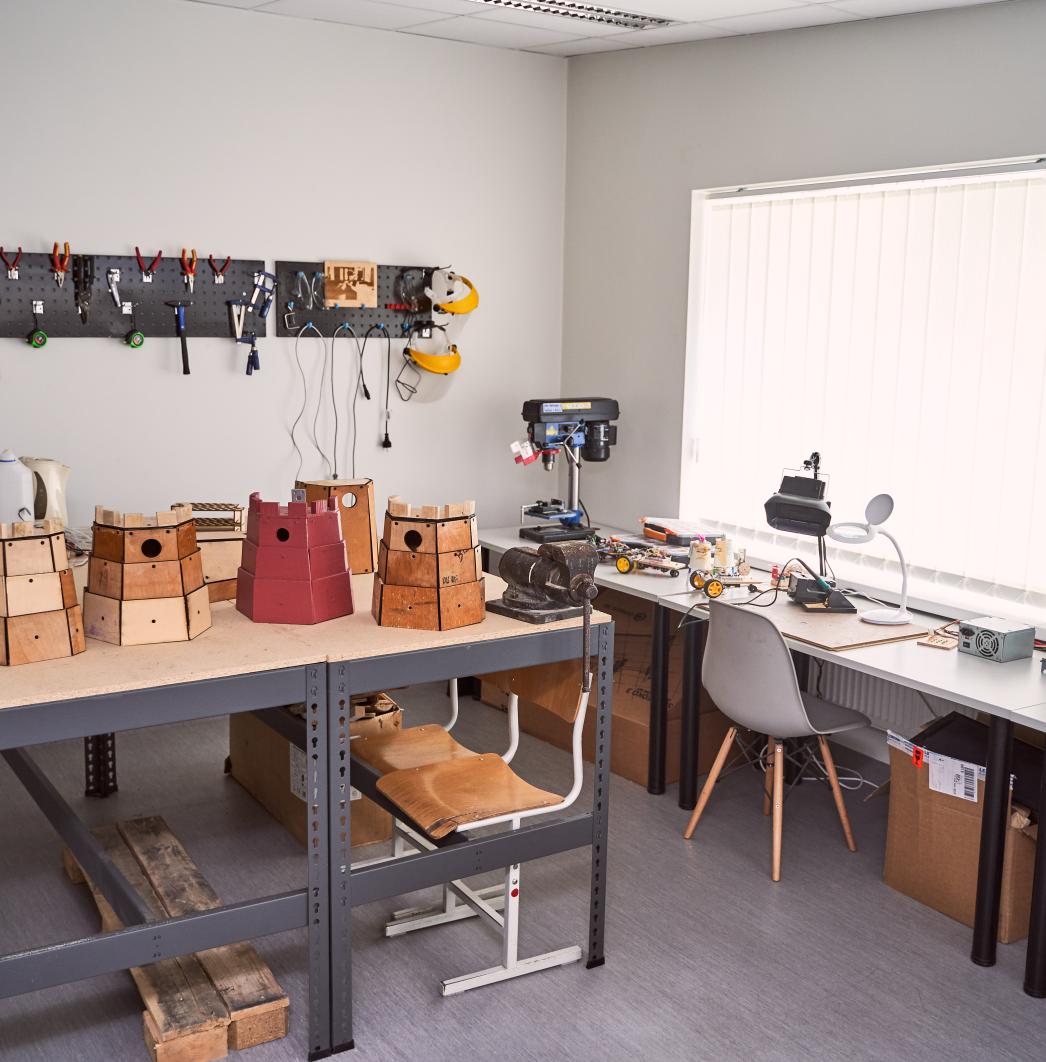
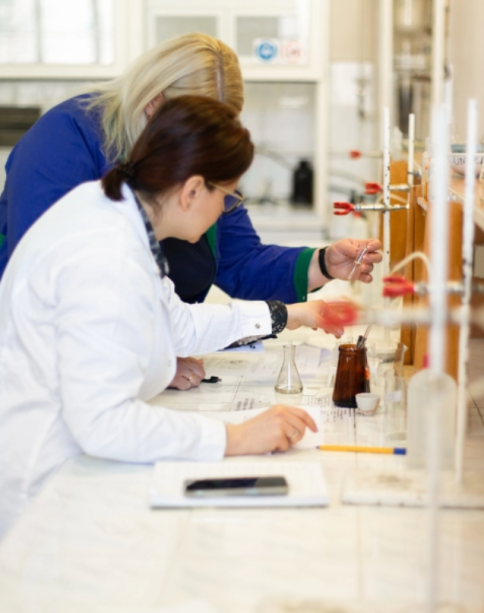
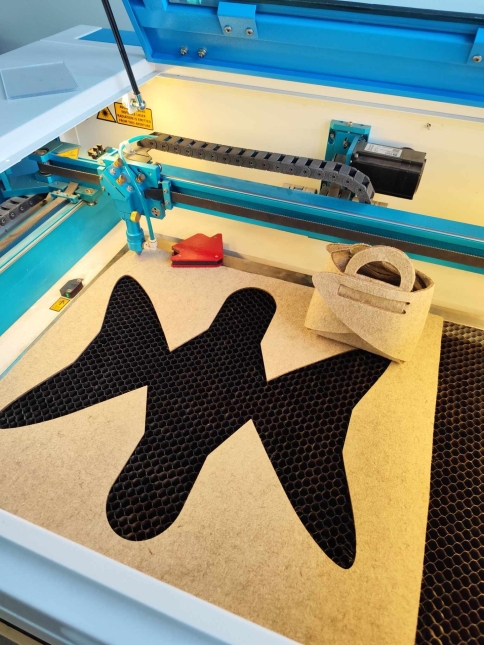
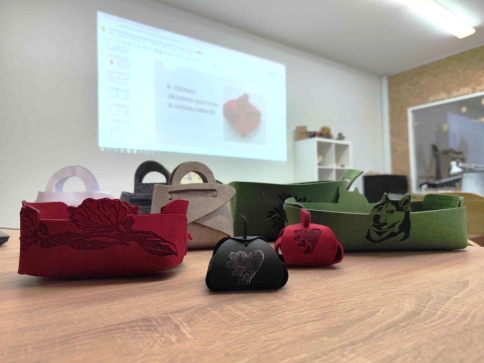
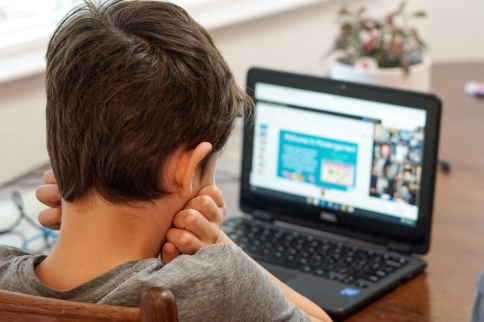
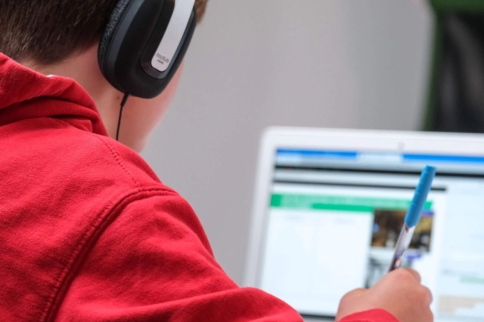
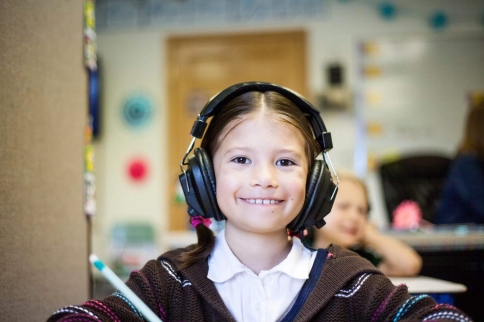
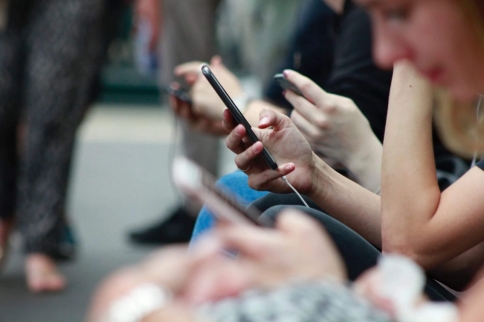
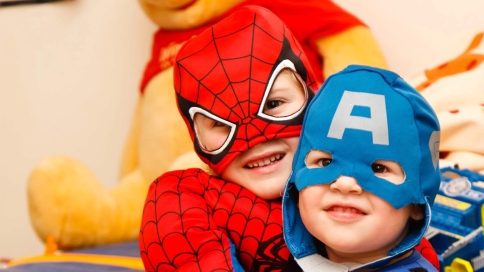
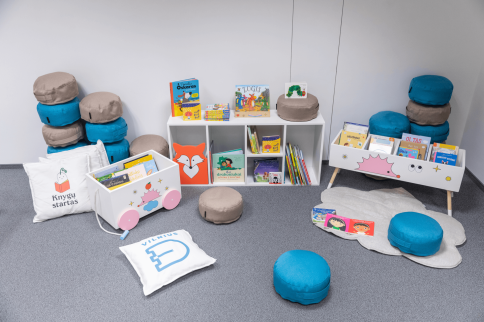
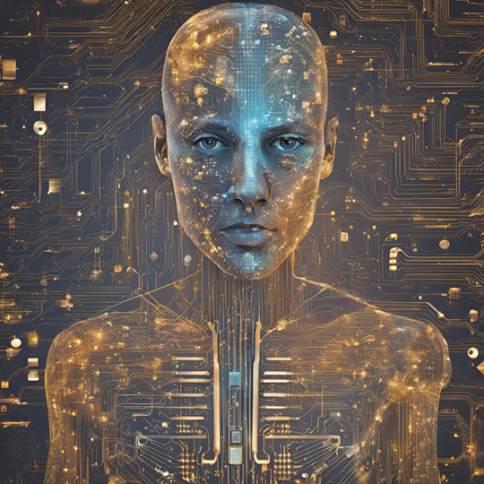
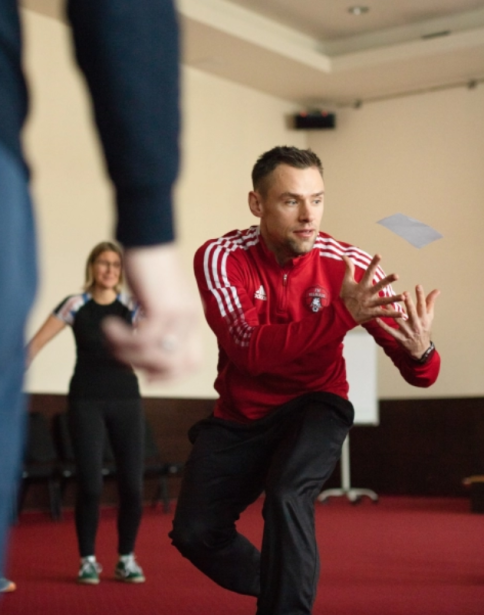


.png)
